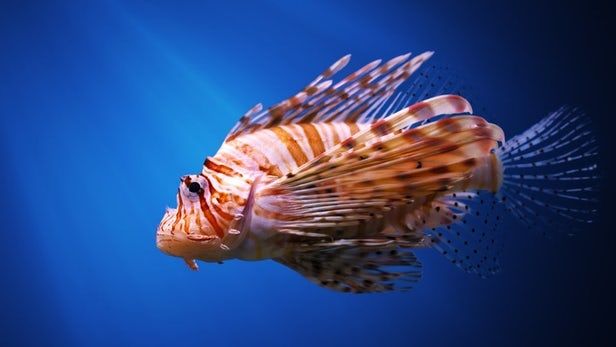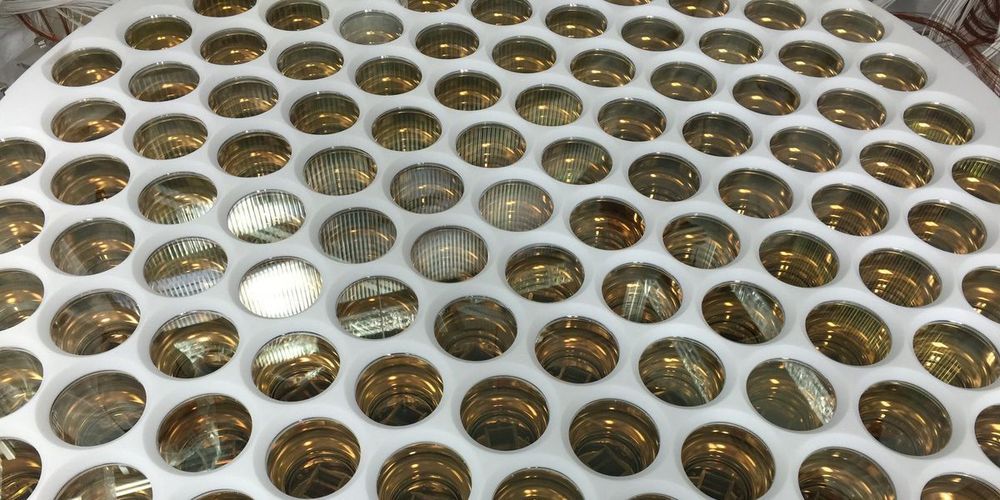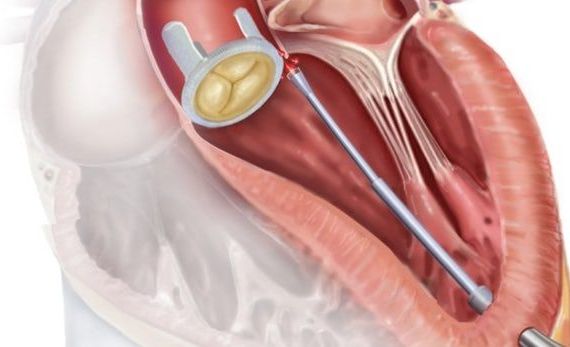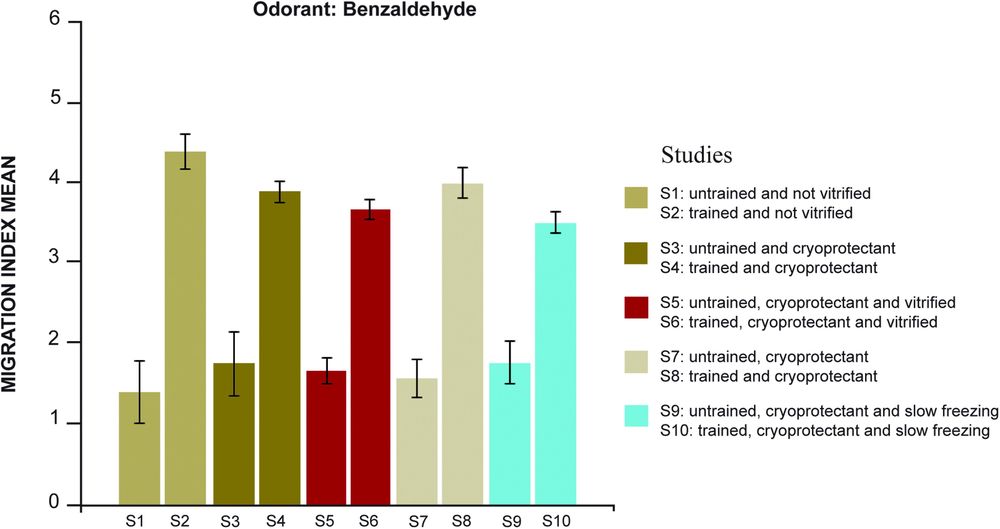The lionfish is an invasive species that is currently wreaking havoc in the warm waters of the Bahamas, the Caribbean, and the US southwestern Atlantic and Gulf of Mexico coasts. But where did they come from and what makes this normally docile hunter suddenly turn vicious in its new home? To answer these questions, North Carolina State University initiated a study of lionfish genetics to learn more about their origins and how to control them.







